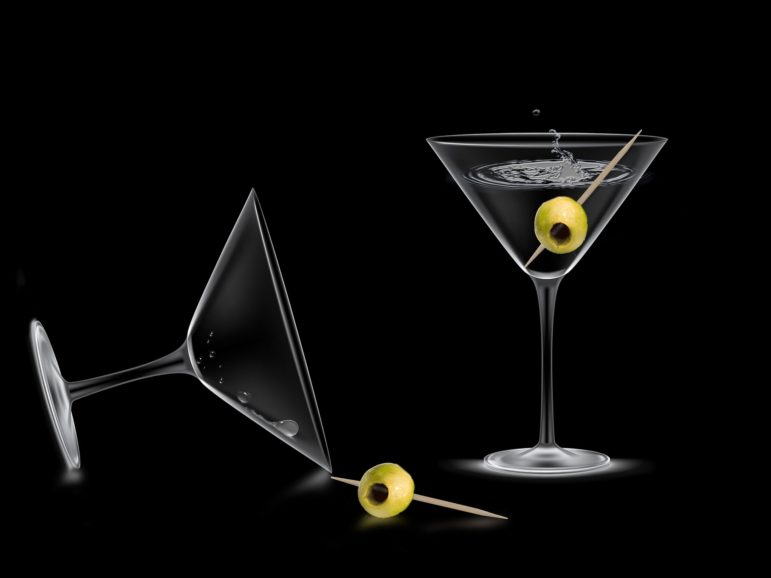TWH – Besides the obvious and painful health crisis and direct economic impact, the COVID-19 pandemic has been having unpredicted effects in other parts of society and in our personal relationships. During the lockdown, for example, there was a hoarding run on pre-prepared comfort foods like pizza, specifically frozen pizza.

Pixabay
Now, seven months into the pandemic, we’ve all become socially awkward. The pandemic has undermined social familiarity and the daily rituals that accompany it. From handshakes to kisses, we are all much more keenly aware of the consequences of our behavior in contracting and spreading coronavirus.
In other circumstances, we perform rituals that some cultures might consider rude, such as cleaning our hands in front of the person we just greeted or stepping away from someone to avoid being too close.
But in reality, the pandemic is about uncertainty, and its consequence is stress. From financial uncertainty to personal safety while managing household responsibilities that may also include parenting and elder care, the breadth of the pandemic’s effect can be universal and overwhelming.
Meanwhile, the disruption of routines and the severing of social activities undermine our ability to release stress. Our access to social support and other means of coping with stressful events have also become limited.
Exercise, for example, is an effective buffer against emotional stress. However, all outlets from gyms to yoga studios have suffered under pandemic restrictions. And, while walking can produce all the benefits of other forms of exercise, not all of us live in communities where even that is possible as a form of extended exercise. More perniciously, the emotional tiredness resulting from social isolation can drain us of the desire to do many of the healthy and protective coping behaviors.
Therein lies a new concern raised by the American Psychological Association: pandemic drinking is on the rise.
It’s been noticed in our community too. One Pagan friend recently noted the increased presence of alcohol during Zoom meetings and in just casual online chats.
Previous research has found that alcohol consumption can become a mechanism to cope with stress from and during traumatic events and natural disasters. So, substance abuse researchers had been expecting this finding.
Earlier this year, in a survey tracking individual drinking behaviors, Research Triangle Institute International in North Carolina reported that the percentage of people reporting binge drinking (defined as more than four drinks in two hours for men and three for women ) had increased from 22% in February to 27% in April. 31% of respondents reported drinking alcohol more frequently while 21% reported drinking less frequently.
Last week, a study released by the RAND Corporation and supported by the National Institute on Alcohol Abuse and Alcoholism showed a serious rise in alcohol consumption during the pandemic, particularly among women. In a national survey, they found that overall alcohol consumption had increased by 14% among adults over age 30, compared to the same period in 2019. The increase was 19% among all adults aged 30 to 59, 17% among women, and 10% among for non-Hispanic white adults. Heavy drinking by women rose 41%.
The study further found that not only was there a spike in drinking but also an increase in adverse consequences from drinking. Among the questions asked were, “I have been unhappy because of my drinking,” “I have felt guilty or ashamed because of my drinking,” “I have taken foolish risks when I have been drinking,” and “My family has been hurt by my drinking.”
In comparison to last year, the number of questions women responded “yes” to nearly doubled. Men on average responded “yes” to four of the questions in 2019, and roughly five in 2020. In other words, the number of endorsements of regretted behavior had grown significantly.

Image credit: Briam Cute – Pixabay
In a press release about the RAND study, lead author and sociologist Michael Pollard noted, “We’ve had anecdotal information about people buying and consuming more alcohol, but this is some of the first survey-based information that shows how much alcohol consumption has increased during the pandemic.”
Pollard added in the press release, “Alcohol consumption can have significant negative health consequences, so this information suggests another way that the pandemic may be affecting the physical and mental health of Americans.”
Indeed, research also suggests that people using alcohol and other substances have an increased risk of contracting COVID-19 because they are less likely to attend to protective behaviors like handwashing, mask-wearing, and social distancing.
Paradoxically, scientists at the NIAAA have noted that alcohol consumption would likely decrease if bars and restaurants were open. This is likely because drinking in social settings is qualitatively different than alcohol consumption in private.
Generally, Pagans have liberal attitudes to alcohol consumption. Many consider alcohol use as a means to honor the gods and ancestors. Other practices, such as Lukumi, use alcohol as part of veneration. But these are not the activities associated with risky drinking. That use of alcohol is not the concern. It is the coupling of alcohol use as a coping strategy that raises questions.
Again, mindfulness of purpose in alcohol use may be protective against inappropriate, non-clinical alcohol use as is a commitment to self-awareness. However, the Pagan approach to personal responsibility may be also protective. Accepting consequences for harmful actions, and the mindful acknowledgment that a harmful reality can be created by our behavior can keep many of us in balance.
If you or someone close to you needs help for a substance use disorder, call the Substance Abuse and Mental Health Services Administration (SAMHSA) National Helpline at 1-800-662-HELP (4357) or visit FindTreatment.gov, SAMHSA’s Behavioral Health Treatment Services Locator.
In Canada, help is available in the Addictions Treatment Helplines.
The Wild Hunt is not responsible for links to external content.
To join a conversation on this post:
Visit our The Wild Hunt subreddit! Point your favorite browser to https://www.reddit.com/r/The_Wild_Hunt_News/, then click “JOIN”. Make sure to click the bell, too, to be notified of new articles posted to our subreddit.